1008 Results
Democracy & Civic Engagement
Standing Up to Hatred and Intolerance
Address today's global challenges with lesson plans focused on current events including the refugee crisis and contemporary antisemitism.

Memphis 1968
Lessons and resources help you explore the sanitation workers’ strike and other events that brought Dr. King to Memphis in the spring of 1968. This lesson is part of our partnership with the National Civil Rights Museum's MLK50 initiative.
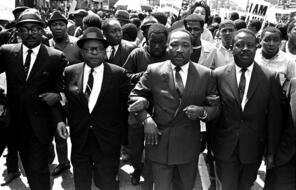
Facing Ferguson: News Literacy in a Digital Age
Help students become informed and effective civic participants in today's digital landscape. This unit is designed to develop students' critical thinking, news literacy, civic engagement, and social-emotional skills and competencies.

The Reconstruction Era 3-Week Unit
Teach a 3-week study of the Reconstruction era guided by the essential question "What can we learn from the history of Reconstruction as we work to strengthen democracy today?"
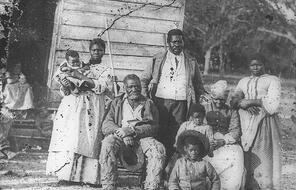
10 Questions for Young Changemakers
This unit uses the 10 Questions Framework to explore two examples of youth activism: the 1963 Chicago schools boycott and the present-day movement against gun violence launched by Parkland students.

The Reconstruction Era and the Fragility of Democracy
Use this rich collection of Reconstruction era primary sources, videos, and a 3-week unit to engage your students in this pivotal period in US history and its legacies today.
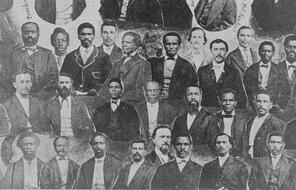
The Reconstruction Era Primary Sources
Enrich your teaching on the Reconstruction era with these primary source documents and images.
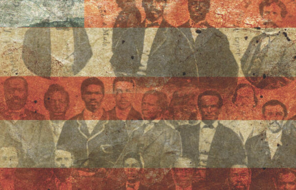
Teaching An Inspector Calls
Use this unit to transform how you teach J.B. Priestley's play and support your students in becoming effective writers, critical thinkers, and socially responsible citizens, who excel in their GCSEs.

My Part of the Story: Exploring Identity in the United States
Help students understand that their voices are integral to the story of the United States with six lesson plans that investigate individual and national identity.
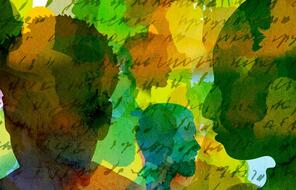
What Makes Democracy Work?
Explore this collection of lesson plans that cover a wide range of themes related to democracy, including citizen power and civic participation, the rule of law, the role of a free press, and more.
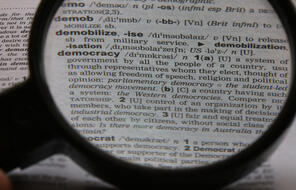
Identity & Community: An Introduction to 6th Grade Social Studies
Intentionally designed for middle school classrooms, this unit explores themes of identity and community by using students' knowledge of the Memphis, Tennessee, community.


